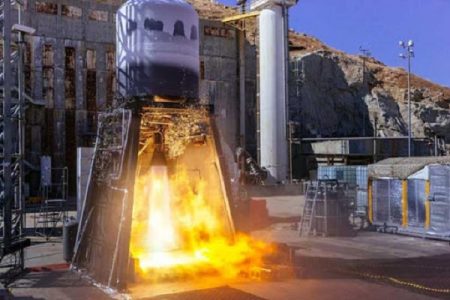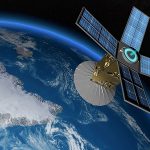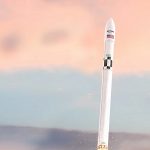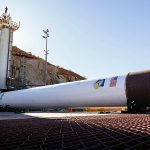The agreement will help ABL and Lockheed Martin accelerate the development and deployment of next-generation space systems over the next decade.
 Lockheed Martin has signed a long-term agreement for multiple launches with ABL Space Systems. The deal details up to 58 launches within the next decade, a transaction worth several hundred million dollars. The company seeks to take advantage of ABLs affordable launch vehicle by increasing risk reduction with test missions.
Lockheed Martin has signed a long-term agreement for multiple launches with ABL Space Systems. The deal details up to 58 launches within the next decade, a transaction worth several hundred million dollars. The company seeks to take advantage of ABLs affordable launch vehicle by increasing risk reduction with test missions.
The contract covers up to 26 launches of ABLs RS1 rocket through 2025, and an additional 32 launches from 2026 through 2029. Those launches would take place from any of several potential locations, including Cape Canaveral Space Force Station, Vandenberg Air Force Base and the Shetland Space Centre under development in the United Kingdom.
Speaking about the agreement, Rick Ambrose, Executive Vice President at Lockheed Martin Space said: “This long-term agreement with ABL solidifies our strategic partnership for the future. Having this assured access to space will accelerate our ability to demonstrate the spacecraft and associated payload technologies we are developing to meet the future mission needs for our customers.”
Harry O’Hanley, CEO and co-founder of ABL, added: “We designed RS1 with flexibility in mind. We can serve a wide array of missions from many different launch sites using RS1’s large payload capacity and deployable ground systems. We’re excited to support Lockheed Martin’s launches, providing a unique end-to-end capability to the most important US space missions.”
ABL provides launch services with the RS1 launch vehicle and GS0 deployable launch system, which are both under development with funding from the US Space Force. RS1 is capable of delivering up to 2,976 lbs (1,350 kg) to low Earth orbit. GS0 is a containerised system operable by a small team to rapidly launch RS1 from new sites in the US and around the world.
Lockheed Martin is developing payload technologies to support a variety of mission areas, such as earth observation, global ubiquitous communications, climate monitoring and beyond.
Dan Piemont, president and co-founder of ABL, commented: “We believe that routine, dedicated access to space for small satellites is critical to achieving the US and allied civil and defence priorities. This major agreement will help ABL and Lockheed Martin accelerate the development and deployment of next-generation space systems over the decade to come.”
















































































